- Overview
- Trip Outline
- Trip Includes
- Trip Excludes
- Gallery
- Reviews
- Booking
- FAQ
The Rongai route is the only route that approaches Kilimanjaro from the north, close to the Kenyan border. Though gaining popularity amongst climbers, Rongai has low traffic. It is the preferred route for those looking for an alternative to the crowded Marangu route, for those who would like a more remote hike, and for those who are climbing during the rainy season (the north side receives less precipitation).
The minimum number of days required for this route is six days, and seven days are recommended. Although the scenery is not as varied as the western routes, Rongai makes up for this by passing through true wilderness areas for days before joining the Marangu route at Kibo camp. This route descends down the Marangu route. Rongai is a moderately difficult route, and is highly recommended, especially for those with less backpacking experience.
The Rongai route is the only route that approaches Kilimanjaro from the north, close to the Kenyan border. Though gaining popularity amongst climbers, Rongai has low traffic. It is the preferred route for those looking for an alternative to the crowded Marangu route, for those who would like a more remote hike, and for those who are climbing during the rainy season (the north side receives less precipitation).
The minimum number of days required for this route is six days, and seven days are recommended. Although the scenery is not as varied as the western routes, Rongai makes up for this by passing through true wilderness areas for days before joining the Marangu route at Kibo camp. This route descends down the Marangu route. Rongai is a moderately difficult route, and is highly recommended, especially for those with less backpacking experience.
Itineraries
Arrival
Arrive in Tanzania
You will be picked up at the Kilimanjaro International Airport and transferred to your hotel in Moshi town; you will meet your guide who will brief you on your upcoming trek and do an equipment check to make sure you have all the necessary mountain gear. The missing gear can be rented on this day.
Overnight: at your Hotel in Moshi
Meals: Bed & Breakfast
Day 1
Nalemoru Gate (1990m) to Simba Camp (2625m)
This morning we will drive to the village of Nale Moru for the starting point of the Rongai route. The first stage of the trek is through farmland and pine forests. You may have chance to see the beautiful Colobus monkeys or if you’re lucky enough, elephants or buffalos en route. Our first camp will be the Simba Camp located at the edge of the moorland zone at 2625m.
Distance: 8 km Hiking
Time: 5 hours
Meals: Breakfast, Lunch and Dinner Included.
Day 2
Simba Camp (2625m) to 2nd Cave Camp (3480m)
The morning hike is a steady ascent up to the Second Cave Camp located in the moorland zone with superb views of Kibo and the Eastern ice fields on the crater rim.
Distance: 5 km Hiking
Time: 4 hours
Meals: Breakfast, Lunch and Dinner Included.
Day 3
2nd Cave Camp (3480m) to Kikelewa Camp (3630m)
Leaving the pine forest behind us carry on with a steady ascent walking though moorland. There are superb views of the Eastern ice fields on the crater rim of Kibo, the highest of the three volcanoes which form the mountain. We will leave the main trail and strike out across moorland on a smaller path towards the jagged peaks of Mawenzi, the second of Kilimanjaro’s volcanoes. We will set up camp today in the sheltered valley near Kikelewa caves at 3630m
Distance: 5 km Hiking
Time: 4 hours
Meals: Breakfast, Lunch and Dinner Included.
Day 4
Kikelewa Camp (3630m) to Mawenzi Tarn Hut (4310m)
This morning we have a short but steep ascent up grassy slopes which is rewarded by a superb view of the Kenyan plains to the north. We leave vegetation behind shortly before reaching our next camp at Mawenzi Tarn Hut directly below the towering cliffs of Mawenzi. This afternoon you have chance to rest or explore the surrounding area to aid acclimatization.
Distance: 8 km Hiking
Time: 4-5 hours
Meals: Breakfast, Lunch and Dinner Included.
Day 5
Mawenzi Tarn Hut (4310m) to Kibo Hut (4700m)
We leave our campsite and cross the lunar desert of the ‘saddle’ between Mawenzi and Kibo After a couple hours trekking, reach this spectacular place, with the summit of Kilimanjaro in the background and our trail to the high camp stretched out before our eyes. Upon reaching our camp the remainder of the day will be spent resting in preparation of the final ascent after a very early night!
Distance: 8 km
Time:5 hours
Meals: Breakfast, Lunch and Dinner Included.
Day 6
Kibo Hut (4700m) to Uhuru Peak (5895m) & down to Horombo Hut (3700m)
Today is “The Big Day” – the summit stage. You will begin your final ascent around midnight which will be long and strenuous. Passing the Hans Meyer Cave at 5220m, the climb slowly but surely goes upwards. At sunrise, you will reach Gillman’s Point (5681m) – the crater rim of Kilimanjaro – where the sun will slowly start to warm up the land. You will have soon forgotten the cold of the night and after a further hike of 1 – 2 hours, you will reach Uhuru Peak at 5895m. On your return to Kibo Hut, a warm meal awaits you followed by a 1 – 2 hour break before proceeding back down to Horombo Hut.
Distance: 22 km Hiking
Time: 12 hours
Meals: Breakfast, Lunch and Dinner Included.
Day 7
Horombo Hut (3700m) to Marangu Gate (1860m)
The last stage passes through the heath and moor zone to the Mandara Hut (2700m) where a warm lunch is waiting for you. Soon, you will once again pass the tropical rainforest and after a total time of 6 hours trekking, you will be back at the Kilimanjaro National Park Gate (1860m). After saying goodbye to your mountain guides, a short transfer follows to take you back to your hotel in Moshi. Once there, you can take a warm and relaxing shower and celebrate your success in reaching the summit of the Kilimanjaro.
Distance: 20.8 km
Time:8 hours
Meals: Breakfast and Lunch Included.
Departure
Depart Tanzania
The day is left free to wind down after the trek before your flight home. Depending on flight times you could go and explore Moshi town and grab some gifts shop before heading to the airport.
- Private transport to & from Kilimanjaro International Airport to your accommodations in Moshi.
- Transportation to & from the Kilimanjaro gate.
- Park entry fees,
- Camping fees.
- Team Kilimanjaro Rescue fees.
- Friendly and professional mountain guides, cook, and porters.
- Accommodations
- Professional Mountain guide
- Enough treated & filtered drinking water throughout the trek.
- Hot water for washing.
- Government taxes.
- Emergency first-aid kit
- 18% VAT on tour fees & services.
- Mountain tents.
- All meals on the mountain (breakfast, lunch & dinner)
- Fair wages for the mountain crew as approved by the Kilimanjaro National Park Authority (KINAPA), and the Kilimanjaro Association of Tour Operators (KIATO).
- Meals and drinks not specified
- Mountain equipment (eg sleeping bags)
- Gear for your climb, Some equipment is available for rent!
- Items of personal nature (expenses)
- Emergency Oxygen
- Additional nights beyond the two standard hotel nights included
- Extra activities (waterfall tour, cultural village visit).
- Visa fees & travel insurance.
- Flight tickets.
- Tips for guides, porters, and cooks (this is a guide to tipping on the mountain http://www.kiliporters.org/tipping_recommendations.php
The best time to climb Kilimanjaro is during the dry season, i.e., from June to early November and from December to end of March. However with changing weather patterns, the chances of getting a clear sky during your climb in November and April is rare.
Yes we do have a kit list of all the items you will require for your climb. You can rent sleeping bags, parkas, gaiters, trekking poles, etc. Just e-mail us your list of needs, and we will reserve these items for provide you upon your arrival.
Anybody who are able to run for at least half an hour without feeling shortness of breath. You should also be able to walk for at least 2 hours in hilly terrains without feeling overly exhausted. No one with a sore throat, cold of breathing problems should go beyond 3000m. However, anybody with heart or lung problems should consult his/her physician before attempting to climb Mt Kilimanjaro.
No, you are not required to bring filtering systems or purification tablets, our climbing staff will provide you with plenty of purified drinking water during your trek.
The climb to Kilimanjaro is not a technical climb. No mountaineering equipment is require to summit Kilimanjaro. Anyone in good physical condition can reach the top of Mount Kilimanjaro.
Yes. The price also contains the salary of a porter, who is assigned to carry the oxygen tanks during your summit attempt.
Our mountain crews are in constant radio communication with us via ICOM radios so if anything goes wrong on your trekking we are informed. Also, the cell reception on the mountain has improved so we can effectively communicate with our teams using mobile phones.
The symptoms of altitude sickness can appear while climbing Mt. Kilimanjaro, in all climbers irrespective of their age and/or fitness level. Due to which, most climbers choose to use Diamox (Acetazolamide), a medication that diminishes headache, tiredness, nausea, dizziness, and shortness of breath which occur when climbing to high altitudes. Side effects include a tingling sensation in fingertips and on the face, and frequent urination.

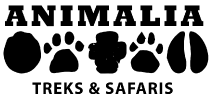
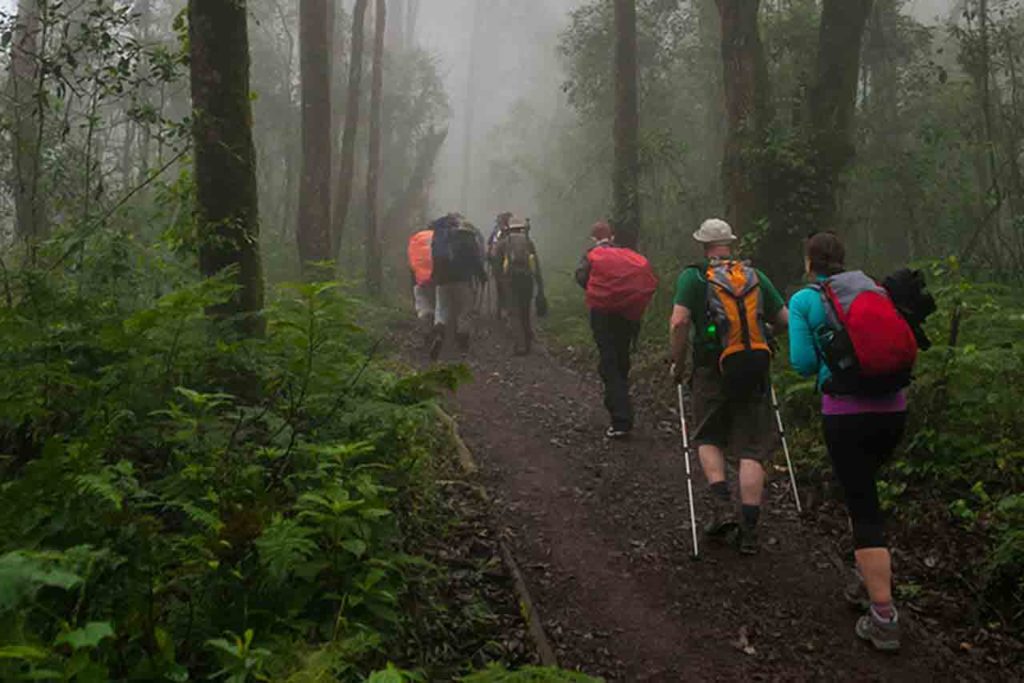
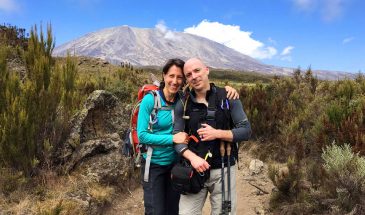
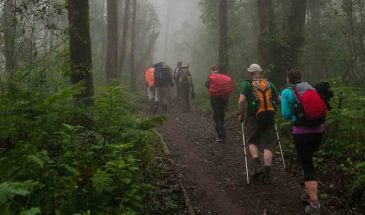
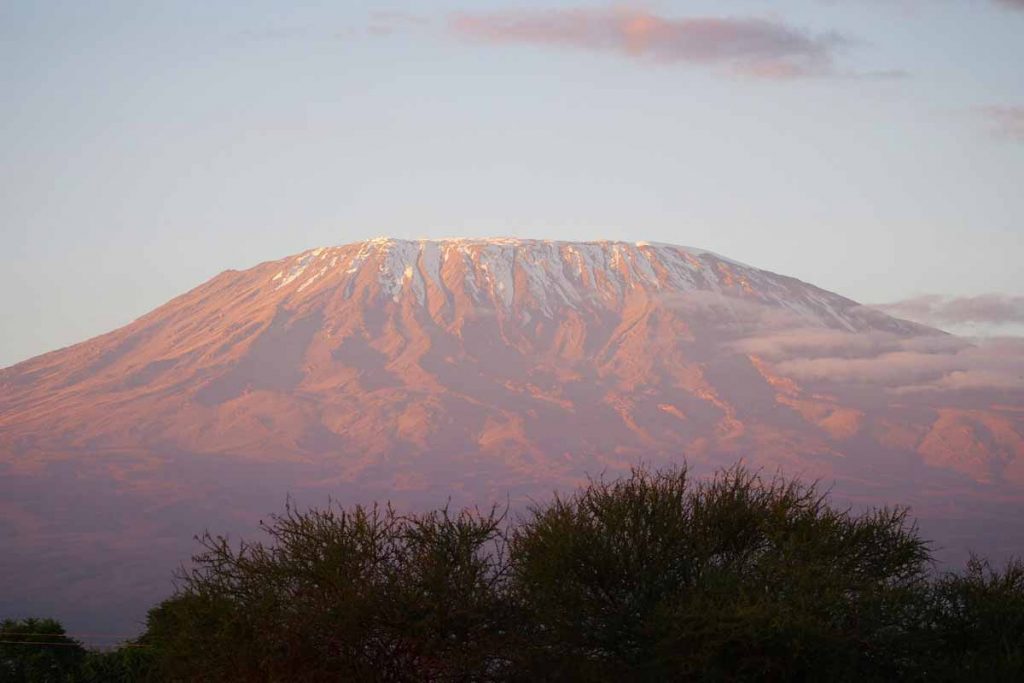
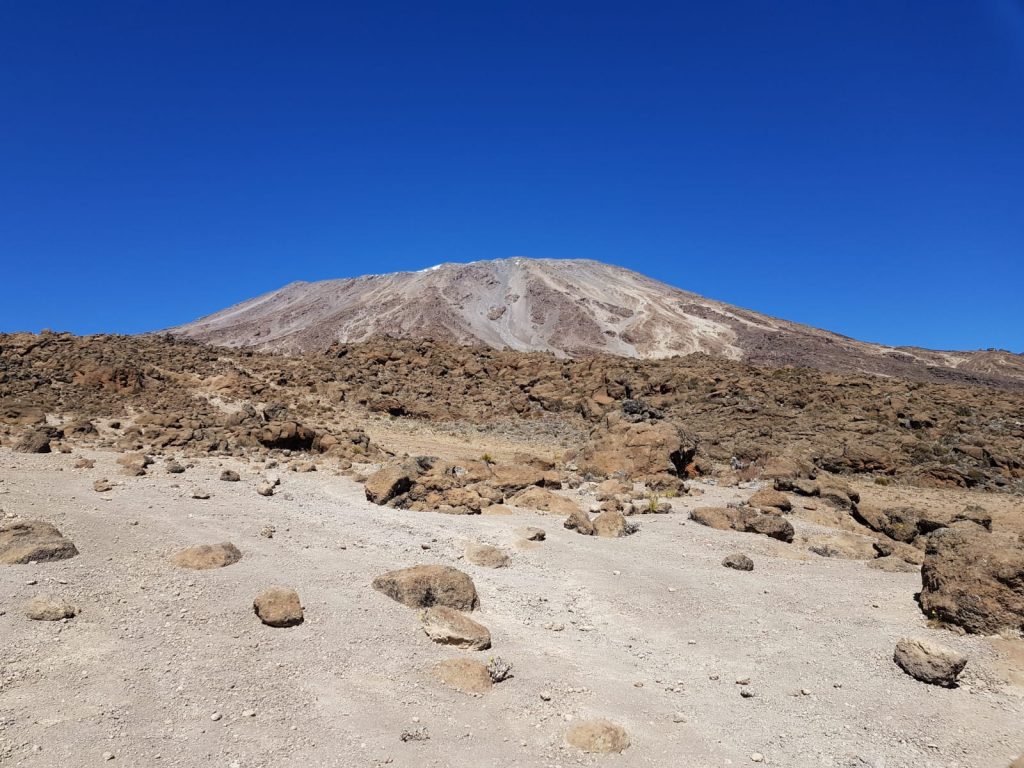
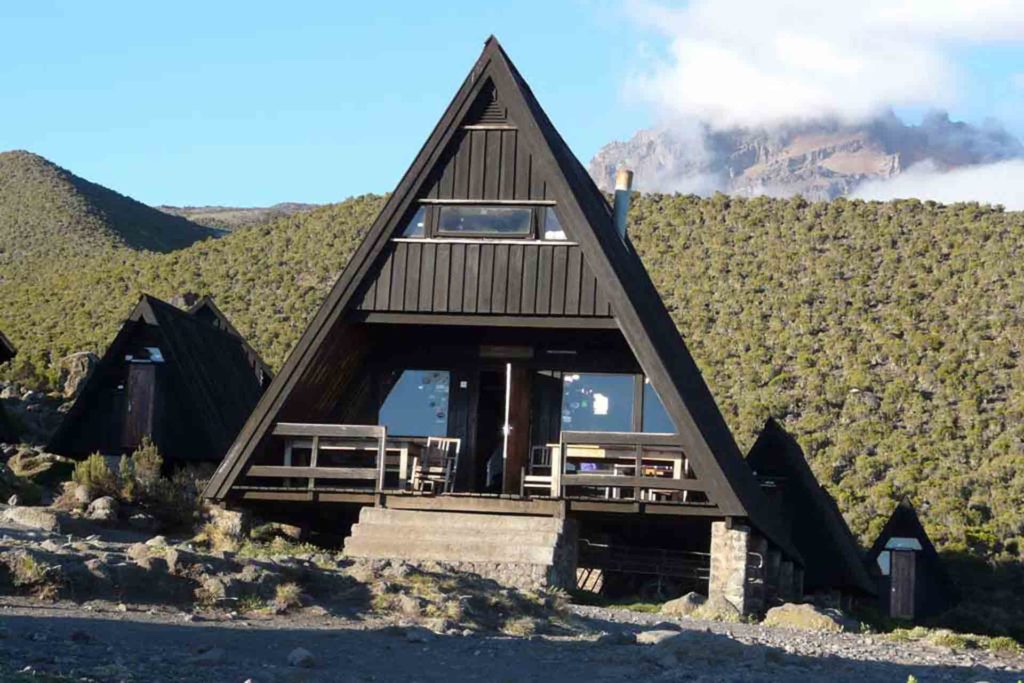
There are no reviews yet.